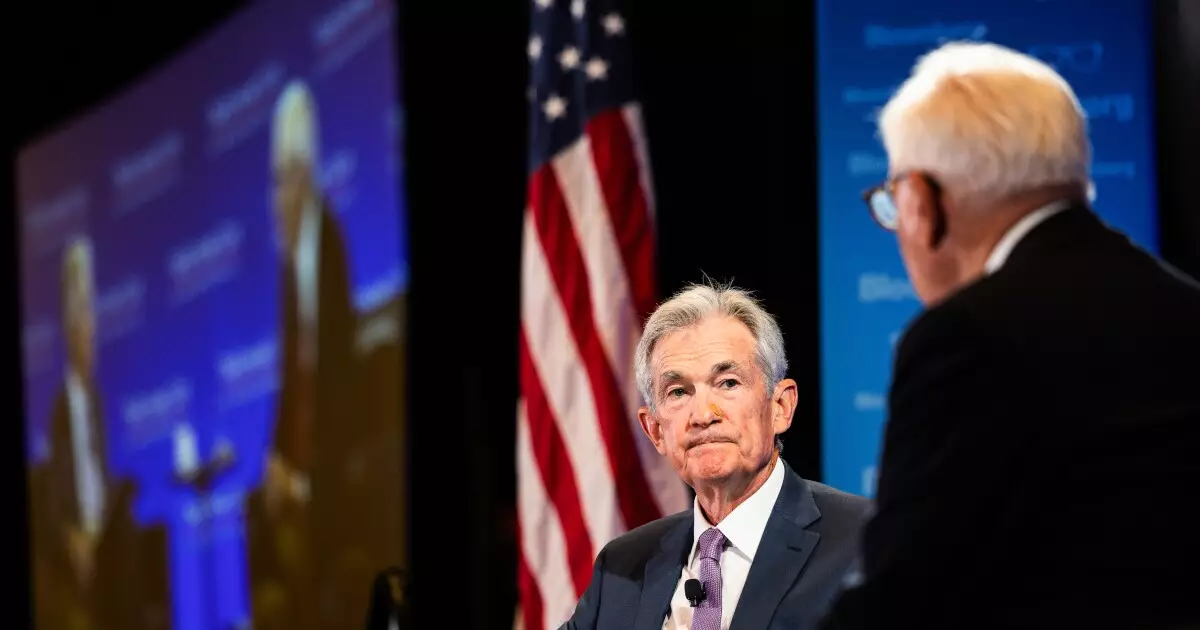Federal Reserve Chair Jerome Powell recently confirmed during an interview at the Economic Club of Washington, D.C. that he will complete his term as the top official within the Fed Board of Governors, which ends in May 2026. However, Powell declined to comment on what might happen after that term. This announcement comes as Washington prepares for a possible second term for President Donald Trump, who nominated Powell to serve as Fed chair in 2018.
Trump’s Opinion of Powell
President Trump’s opinion of Powell quickly soured after Powell was nominated as Fed chair. Trump expressed his displeasure with the central bank’s decision to raise interest rates and even considered firing Powell from the position. Despite the tensions between Trump and Powell, the Federal Reserve Chair has maintained professionalism and refrained from engaging in political discussions. Powell only commented on the recent assassination attempt against Trump, denouncing political violence and expressing gratitude that the injuries were not more serious.
Federal Reserve governors are allowed to serve one full 14-year term, but they can complete another governor’s term or remain in office once their term ends, as long as a replacement is not named. This means that Powell could potentially serve as Fed chair again until 2030, even though his current term ends in 2028. However, he would need to be renominated by the sitting president and confirmed by the Senate, should he accept the nomination.
Recent discussions surrounding the Fed’s leadership and governance have emerged due to the Project 2025 initiative, a transition plan for a potential second Trump administration. This plan includes proposals to rewrite the rules governing the Fed and other bank regulators. Powell did not directly address this proposal but emphasized that the central bank is not seeking additional powers or reduced responsibilities. He stressed the importance of central bank independence, a principle widely accepted in advanced economies around the world.
Throughout his testimony in front of congressional committees, Powell highlighted the importance of central bank independence. He argued that political considerations should not influence the decisions made by the Federal Reserve and that maintaining independence is essential for controlling inflation. Powell reiterated that central bank independence is widely supported, especially in Congress, as it ensures stability and credibility in monetary policy decisions.
Jerome Powell’s future at the Federal Reserve remains uncertain beyond his current term. While he has confirmed his commitment to serving until 2026, his potential for another term will depend on various factors, including the outcome of the next presidential election. Despite challenges and criticisms, Powell continues to emphasize the importance of central bank independence and the need for stability in monetary policy decisions.

